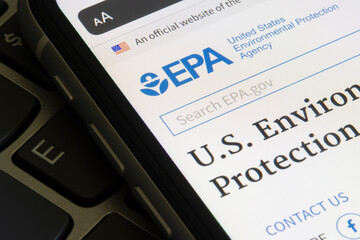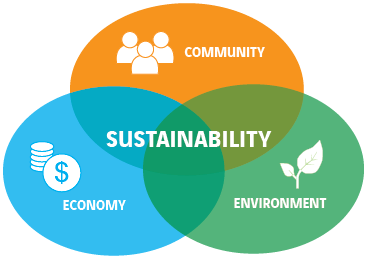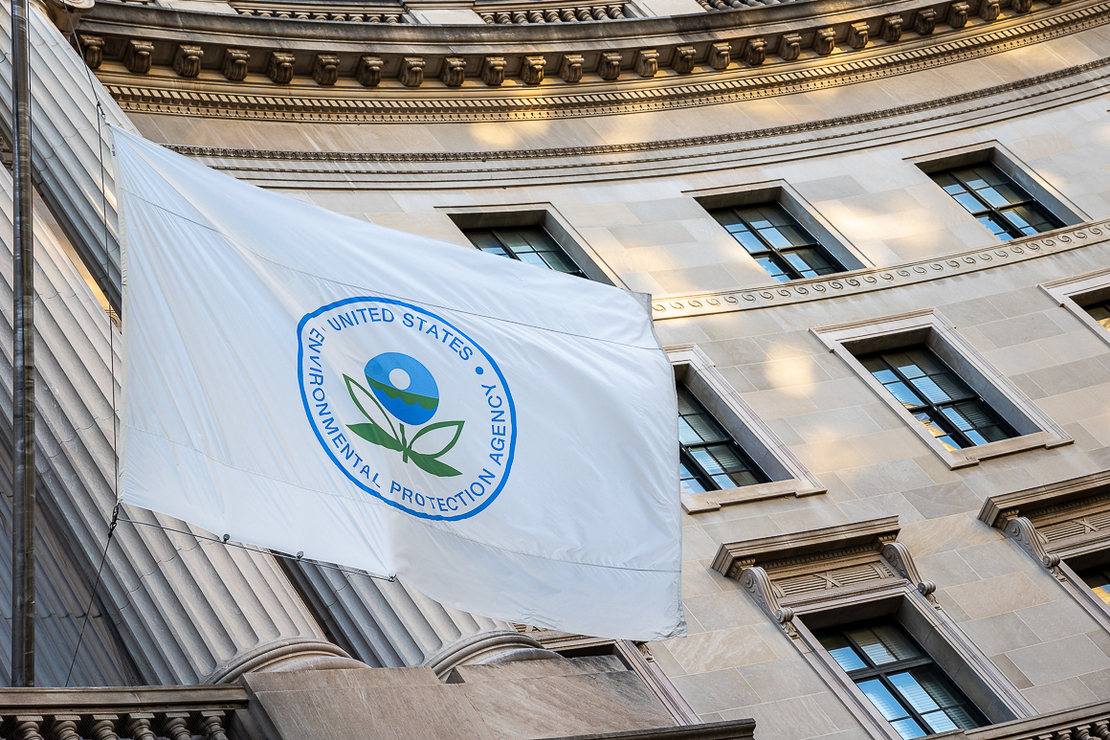The Environmental Protection Agency (EPA) is an independent agency of the United States federal government that is responsible for protecting human health and the environment by enforcing laws and regulations related to air, water, and land.
Its mission is to protect the environment and promote sustainability for the benefit of present and future generations.
History of the EPA
The EPA was created in 1970 by an executive order signed by President Nixon. At the time, there was growing concern among Americans about the impact of pollution on public health and the environment. In the 1960s, several environmental disasters, such as the Cuyahoga River catching fire in Ohio, brought attention to the need for federal action on environmental issues.
The EPA was formed by combining several existing federal agencies, including the Environmental Health Service, the Federal Water Quality Administration, and the Bureau of Solid Waste Management. The agency's first administrator was William Ruckelshaus, who served from 1970 to 1973.
Since its creation, the EPA has been responsible for enforcing several landmark environmental laws, including the Clean Air Act, the Clean Water Act, and the Toxic Substances Control Act. The agency has also played a key role in regulating hazardous waste, pesticides, and other pollutants.
EPA and its efforts to achieve Sustainability
The EPA is committed to promoting sustainability. The agency works to reduce waste and increase the use of renewable resources. It provides funding and technical assistance to communities, businesses, and individuals to help them adopt sustainable practices.
The EPA has established the Sustainable Materials Management Program, which focuses on reducing waste and increasing recycling. The program works to promote sustainable practices in product design, manufacturing, and disposal. The EPA has also developed the Energy Star program, which promotes energy efficiency in products and buildings. The program has saved consumers and businesses billions of dollars in energy costs and reduced greenhouse gas emissions
Current Initiatives of the EPA
The EPA is currently involved in several initiatives aimed at protecting the environment and promoting sustainability. Some of these initiatives are highlighted below.
Addressing Climate Change
One of the EPA's top priorities is addressing climate change. The agency is working to reduce greenhouse gas emissions, promote renewable energy, and increase energy efficiency. The EPA has also taken steps to regulate emissions from the transportation sector, which is a major contributor to greenhouse gas emissions in the United States.
Protecting Air Quality
The EPA is responsible for enforcing the Clean Air Act, which regulates air pollution from stationary and mobile sources. The agency is working to reduce emissions of harmful pollutants, such as particulate matter and ozone, that can cause respiratory and cardiovascular problem.
Ensuring Clean Water
The EPA is responsible for enforcing the Clean Water Act, which regulates water pollution in the United States. The agency is working to ensure that all Americans have access to clean and safe drinking water and is taking steps to address water pollution from agricultural and industrial sources.
Regulating Hazardous Waste
EPA is responsible for regulating hazardous waste, including the generation, transportation, treatment, storage, and disposal of such waste. The agency is working to ensure that hazardous waste is managed safely and is not a threat to public health or the environment.
The Environmental Protection Agency (EPA) has been an instrumental federal agency in the United States for over 50 years, working to protect human health and the environment through the enforcement of laws and regulations related to air, water, and land. The agency's mission is to promote sustainable practices and reduce the impact of pollution on public health and the environment. Through its initiatives, such as addressing climate change, protecting air quality, ensuring clean water, regulating hazardous waste, and promoting sustainable practices, the EPA plays a critical role in promoting a healthier and more sustainable future for all Americans. It is imperative that the EPA continues to receive the necessary support and funding to carry out its important work in the years to come.












